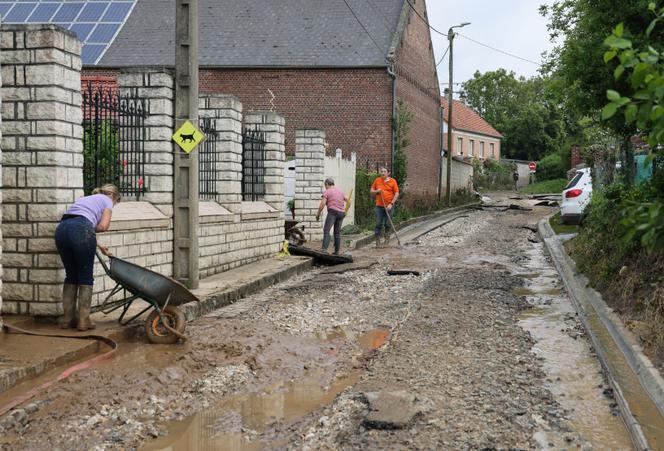


Soil is a priceless resource we are trampling on. In early July, the United Nations Educational, Scientific and Cultural Organization (UNESCO) sounded the alarm at a conference it was organizing in Agadir (Morocco). "Soil plays a crucial role in sustaining life on Earth. Yet it is still often neglected or poorly managed," its director general, Audrey Azoulay, said in her closing address while calling on the international community to make their protection and rehabilitation a priority.
UNESCO wants to draw up a global index of soil health to be able to "assess and compare their quality and evolution." For the time being, "there is no consensual definition of what constitutes a healthy soil," said Philippe Hinsinger, Director of Research at the French National Research Institute for Agriculture, Food and the Environment (INRAE) in Montpellier. Evaluations have already been carried out, however. In 2018, for example, the European Union's Joint Research Center estimated that, on a global scale, 75% of land was already degraded, with a direct impact on 3.2 billion people. And 90% of land could be by 2050.
In July 2023, the European Union announced preparing a Soil Monitoring and Resilience directive – a legislative act still awaited, while it estimated the proportion of degraded soil across the continent at 60%. "This rate is very probably underestimated," Hinsinger said. The EU, in fact, does not take into account chemical pollution by pesticides or industrial discharges, while no ecosystem, on land or in the oceans, is now free of phytosanitary products, as collective expertise coordinated by INRAE and Ifremer has shown in 2022.
The stakes, in fact, are vital: Soils produce 95% of the food we consume. Far beyond that, they "silently provide us with almost all ecosystem services and functions that enable life to exist on Earth," said Ronald Vargas, then Secretary of the Global Soil Partnership at the Food and Agriculture Organization of the United Nations, in 2022. Among other things, they clean, filter and store water, recycle the nutrients plants need to thrive, regulate climate and flooding and eliminate carbon dioxide and other greenhouse gases.
They are also fabulous reservoirs of biodiversity, home to at least a quarter of the world's animal species. It takes an average of a century to make a millimeter. And therefore, "around a hundred thousand years" to make a meter, said Hinsinger in his book La Vie Cachée des Sols ("The Hidden Life of Soil") (Quæ, 152 pages, 23 euros). "It's a heritage whose interest we have the right to cash in but our duty is to pass it on," said botanist Marc-André Selosse in Le Monde, in November 2021.
You have 56.68% of this article left to read. The rest is for subscribers only.
